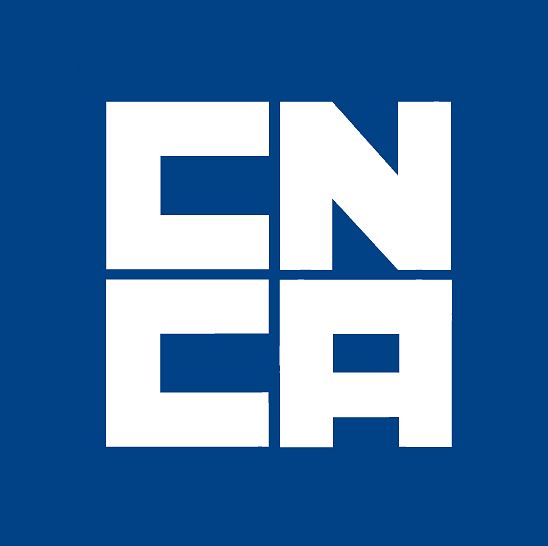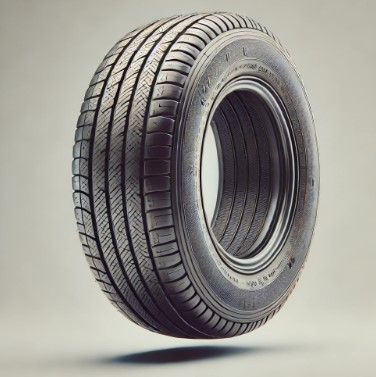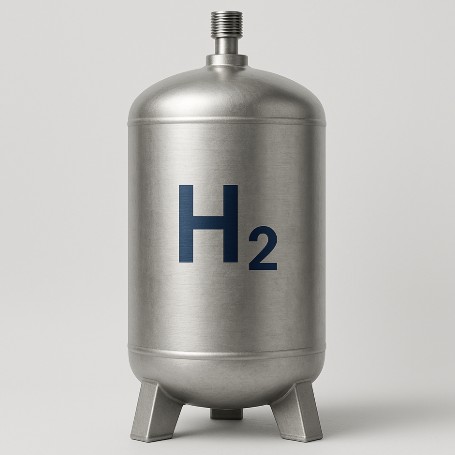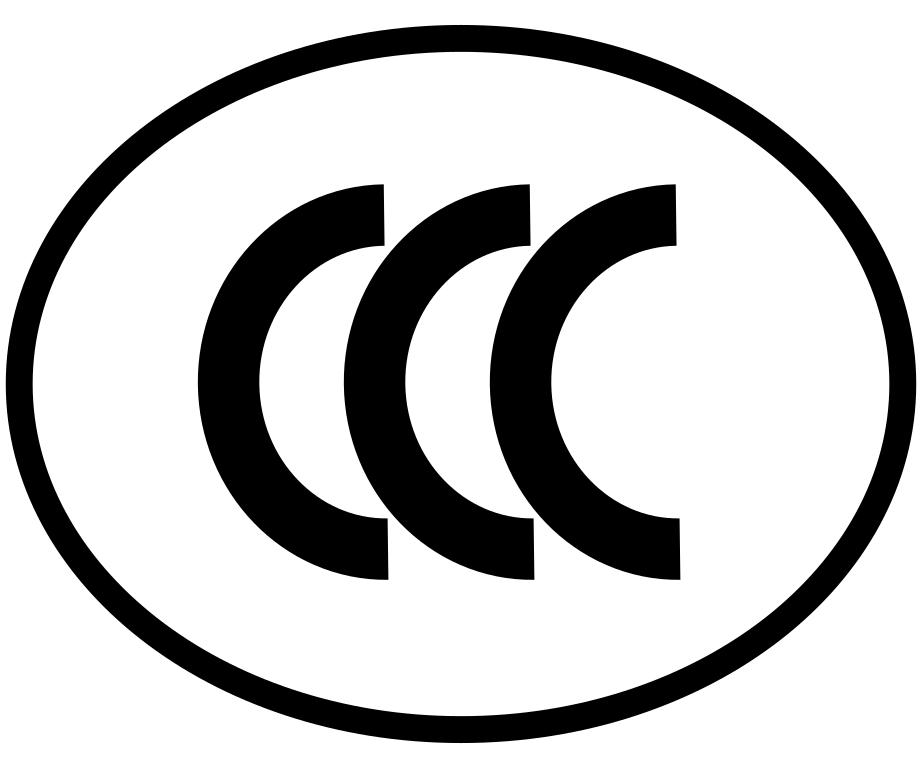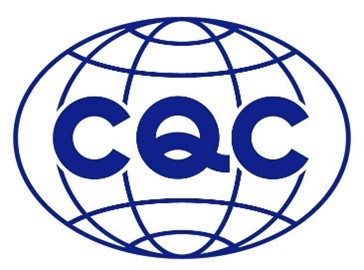Total imports in South Korea are falling while consumer goods are rising
7. April 2020
The consumer goods industry expects a variety of challenges in South Korea. Buyer behavior is complex while a saturated retail space and emerging markets bring further competition. Therefore the government has decided to actively support business. In recent years, 13 free trade agreements have been signed, among others, most recently with China, the largest trading partner. The economy in South Korea is dominated by export-oriented companies, many of them well-known names in the USA. Manufacturers of consumer goods are successful both at domestic level and outside South Korea. Besides the USA, some manufacturers have ventured into new and fast-growing markets such as China, Vietnam and Russia.
The main export goods in the consumer sector are food, personal care and cosmetic products. For the most part, these are companies or products that have been successful in South Korea for years and are therefore also well received by consumers abroad. But the situation for manufacturers of consumer goods is also promising on the domestic market. The average age of the South Korean population is rising rapidly and the number of single households is increasing. Contrary to the general trend, spending by single consumers has increased in the last two years. Companies are taking advantage of this situation and offering products specifically tailored to this group of buyers. Among other things, a well-known manufacturer offers a smaller refrigerator for single households, and the largest South Korean food manufacturer introduced new products to target working people and students.
South Korean consumers are more concerned with quality than with a reasonable price. A flourishing domestic industry and the open market policy regarding trade through the 13 free trade agreements increased competition for the sale of consumer goods in the country. Manufacturers who brought cheap and inferior products to the South Korean market failed. Meanwhile, high-quality brand manufacturers were successful with their market introduction. Many products imported into South Korea require Korean certification. This is mainly a matter of identifying and containing a potential risk to safety, health and the environment. The KC-Mark or KC certificate corresponds roughly to the European CE mark and applies to 730 different products. For more information, please download our free brochure on KC – Korea certification. If you have any further questions about KC certification, please do not hesitate to contact us.




